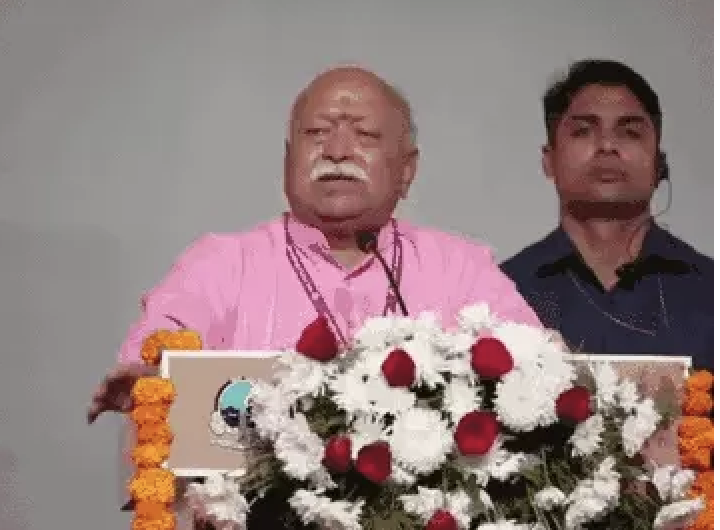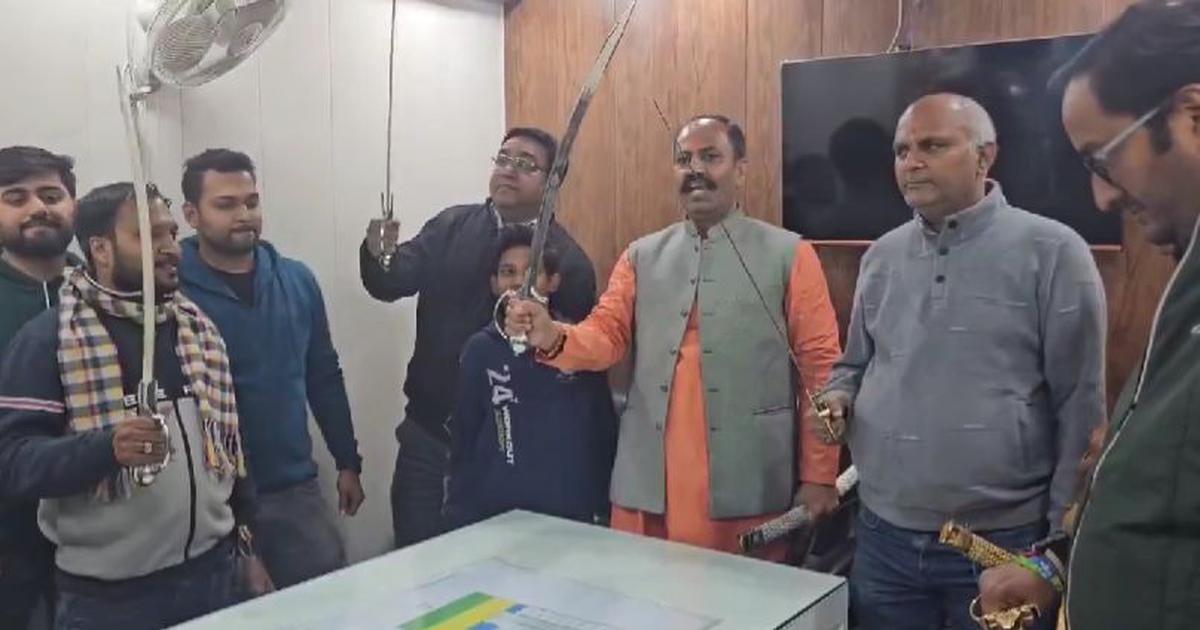
By Mohammad Wasim / News Click
A division bench of the Supreme Court comprising Chief Justice of India U.U. Lalit and Justice S. Ravindra Bhat is scheduled to hear the petitions challenging the Citizenship (Amendment) Act, 2019 on Monday.
THE Citizenship (Amendment) Act, 2019 (‘CAA’) is an amendment to the Citizenship Act, 1955 and was enacted on December 12, 2019. It makes persons “belonging to Hindus, Sikhs, Buddhists, Jains, Parsis and Christians community from Afghanistan, Bangladesh or Pakistan, who entered into India on or before the 31st day of December, 2014” to, on the fulfilment of certain criteria, eligible to apply for Indian citizenship by registration or by naturalisation.
The CAA also seeks to relax the requirement of residence in India for citizenship through naturalization from the current norm of eleven years for persons staying in India legally to five years for the aforesaid category of persons.
The purported intelligible differentia sought to be made in the CAA, that is, religion and country of origin, have no nexus with the object sought to be achieved, that is, reprieve from persecution for the minority communities in the specified countries.
Thus, the CAA enunciates two classifications:
- Religion-specific classification, which treats a religious denomination as a whole as distinct group or class: it amends Section 2(1)(b) of the Citizenship Act by conferring discretion upon the Union Government to exclude Hindus, Sikhs, Buddhists, Jains, Parsis and Christians from the definition of ‘illegal immigrants’, thereby prioritizing these religious communities over others.
- Country-specific classification, by limiting the scope of acquiring citizenship to immigrants belonging to the enumerated minority communities from Afghanistan, Pakistan and Bangladesh.
The evolution of cultural and ethnolinguistic identity takes millennia and serves as a historical reservoir that provides people with feelings of belonging and security, shared values and aspirations and contributes to their wellbeing. It is an inextricable part of an individual, and is necessary for them to live a wholesome life, thus constituting a sine qua non for a life with dignity.
What are the grounds of unconstitutionality?
This story was originally published in newsclick.in . Read the full story here






